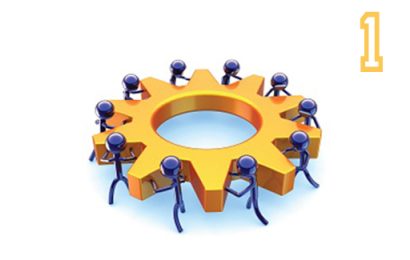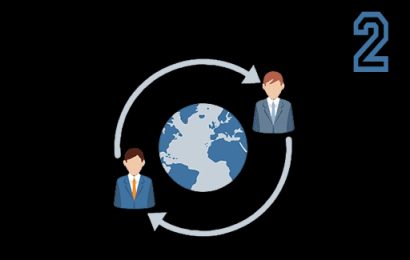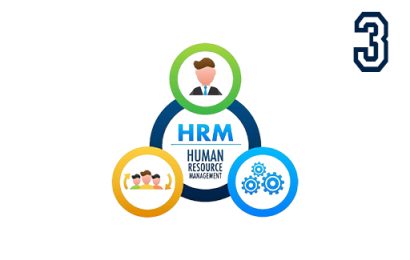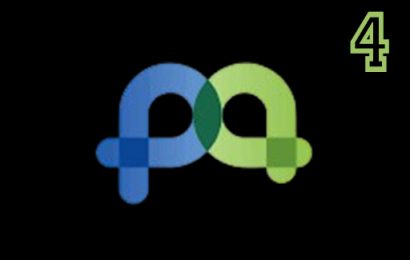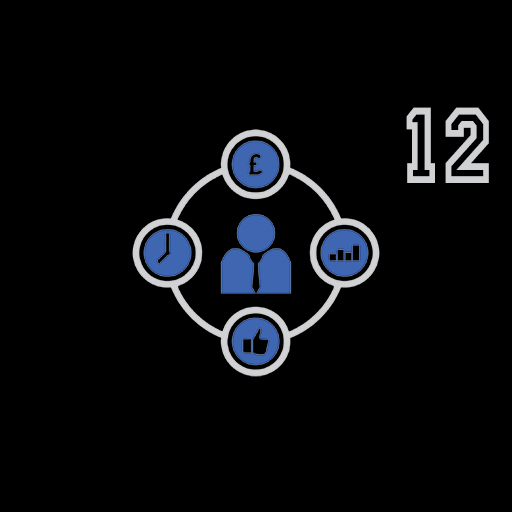
- Quizzes: 11
Project management has evolved significantly from its early origins, influenced by various historical milestones and innovations. Its roots can be traced back to the construction of the pyramids and the Roman aqueducts, where early project planning, resource allocation, and workforce management were essential. However, it wasn’t until the mid-20th century that project management began to formalize as a discipline. In the 1950s, tools like Gantt charts and the Critical Path Method (CPM) were introduced, marking the beginning of structured methodologies for managing projects.
The field grew rapidly with the development of more sophisticated techniques, such as Program Evaluation and Review Technique (PERT) and the integration of systems theory in the 1960s. As businesses and industries became more complex, project management frameworks such as PMBOK and PRINCE2 were developed to standardize best practices.
Today, project management is a critical function in virtually every sector, emphasizing not only efficiency but also strategic alignment and value delivery. Agile and Lean methodologies have further transformed the landscape, focusing on flexibility and continuous improvement. Project managers now balance technical skills with leadership, risk management, and communication expertise to navigate the complexities of modern projects, driving success through effective planning, execution, and stakeholder engagement.
Curriculum
- 2 Sections
- 0 Lessons
- Lifetime
- Notes0
- MCQ11
- 2.1Introduction to Project Management10 Minutes20 Questions
- 2.2Project Planning & Scope Management10 Minutes20 Questions
- 2.3Project Scheduling & Time Management10 Minutes20 Questions
- 2.4Project Cost & Budget Management10 Minutes20 Questions
- 2.5Project Quality Management10 Minutes20 Questions
- 2.6Project Resource & Procurement Management10 Minutes20 Questions
- 2.7Project Communication & Stakeholder Management10 Minutes20 Questions
- 2.8Project Risk Management10 Minutes20 Questions
- 2.9Project Execution & Monitoring10 Minutes20 Questions
- 2.10Project Closing & Agile Methodologies10 Minutes20 Questions
- 2.11Overseas project acquisition and execution10 Minutes20 Questions


